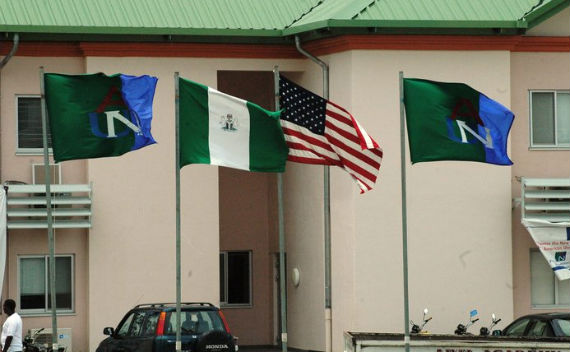The American University of Nigeria
More on:

Tomorrow I leave for Nigeria to participate in a meeting of the board of the American University of Nigeria. A private university, it has an American curriculum; American styles of teaching and faculty-student interaction; and superb, modern facilities, such as laboratories, libraries and dormitories, perhaps the best in all of Nigeria. The university is secular, and women account for about half of the students enrolled. Since its founding, it has had a relationship with the American University in Washington, DC. With the full approval of the relevant Nigerian academic authorities, the university has already initiated the process of securing accreditation by a U.S. agency. The president and senior staff are all American citizens, and so is more than half of the faculty. For Nigerians, tuition is steep, almost US $8,000 per year. The university is seeking funds for a significant number of scholarships.
With an enrollment of about 1,500, the university graduated its first class in 2009. Unusual in a country with chronic unemployment of university graduates, most have gone on to post-graduate education or into jobs in the advanced sectors of the Nigerian economy. This week’s board meeting is in conjunction with next weekend’s graduation ceremonies, where EU Ambassador to Nigeria David MacRae will speak.
Atiku Abubakar, former vice president of Nigeria (1999-2007), is the founder of the university. He says it was the teaching he received as a boy from Peace Corps volunteers that inspired him to found an American style university once private education became legal again in 1993. In the tradition of Leland Stanford or James B. Duke, Atiku Abubakar used some of his own wealth and raised additional funds from other Nigerians and expatriates. The university is located in his home town, Yola, in Adamawa state, in the Middle Belt near the Cameroonian border. It was Nigeria’s first strictly secular university, and it has been remarkably successful in enrolling students from all over the country.
The board is mostly Nigerian, drawn from business and other professional backgrounds. Distinguished non-Nigerian members include Archbishop Desmond Tutu, retired archbishop of Cape Town; and until their deaths Sir Marack Goulding, former under-secretary general at the UN, and Robert MacNamara, former U.S. secretary of defense.
More on:
 Online Store
Online Store